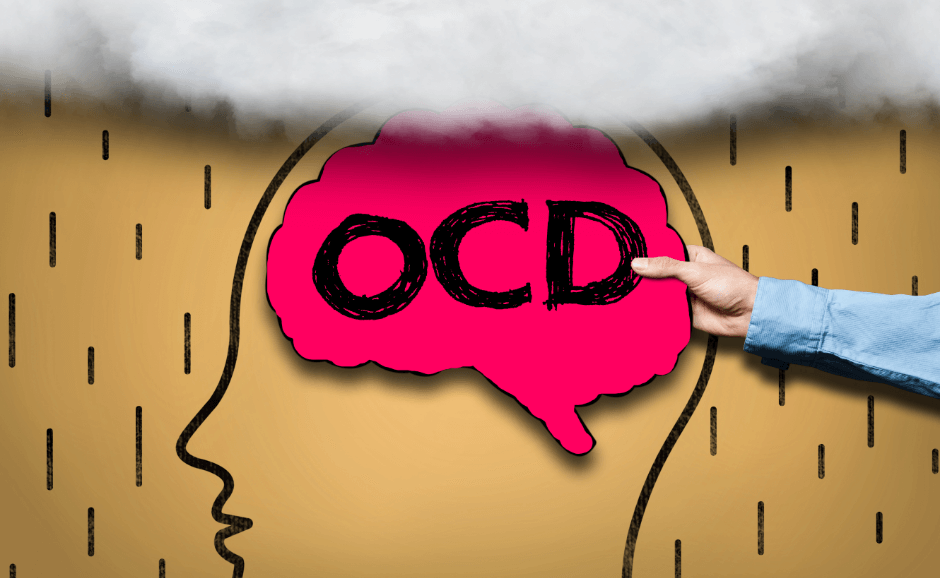What is OCD?
OCD (Obsessive Compulsive Disorder) is a disorder that is made up of both obsessions and compulsions. Obsessions are unwelcome thoughts that occur repeatedly in your mind which some people describe as ‘mental discomfort’*. Compulsions are repeated behaviours or activities that a person will do in order to reduce the anxiety that is created by the obsession. This can disrupt day to day life and can become worse when you’re stressed about other things such as work, relationships or money.
What causes OCD?
Research suggests that some OCD developments are a result of: – *
- Personal experiences – Experiences of bullying, trauma or abuse in childhood or learning similar behaviour from a primary caregiver. Pregnancy and birth can also trigger symptoms which is known as Perinatal OCD
- Personality traits such as neatness and high standards. Being meticulous in the things you do
- Biological Factors – Lack of serotonin in the brain is one theory, however it is unsure as to whether this is a result of OCD or the cause. Other biological factors such as genetics can also play a role
What can help?
OCD is commonly misunderstood and can be talked about flippantly, which can cause frustration and upset for those that have it. This can lead to people feeling misunderstood or ashamed to talk about it. It’s important to remember that you are not alone and that there is support available.
Information from The Priory Group** lists common treatments, which can include the following: –
- CBT – Cognitive Behavioural Therapy is a therapy based on the theory that thoughts, feelings, what we do and how our body feels are all connected. If we learn how to change one of these, we can alter the others.
- ERP (Exposure and Response Prevention) – ERP is a controlled therapy that slowly exposes you to thoughts and worries. The aim is to identify and break the cycles that occur with OCD behaviour. A therapist will encourage you to try to tolerate the anxieties you feel. This helps you to identify that those uncomfortable feelings do go away if you don’t act on your compulsions
- Medication – Medication can also be used to treat OCD alongside talking therapies. Speaking to your GP about your options can be a helpful step to moving forwards
How can The Eaves help?
At The Eaves we have a variety of professionals that can offer CBT, ERP and can provide further support. Our practices are in Guildford, Godalming and Farnham as well as online. Our professionals see individuals of all ages, families, couples and young people 12 hours a day, Monday to Saturday between 9am and 9pm. Please call 01483 917000 to speak to a member of the referrals team. You can also send us an enquiry via our website. Click here to find out more.
Resources
*** https://www.priorygroup.com/blog/coping-with-intrusive-thoughts-caused-by-ocd

